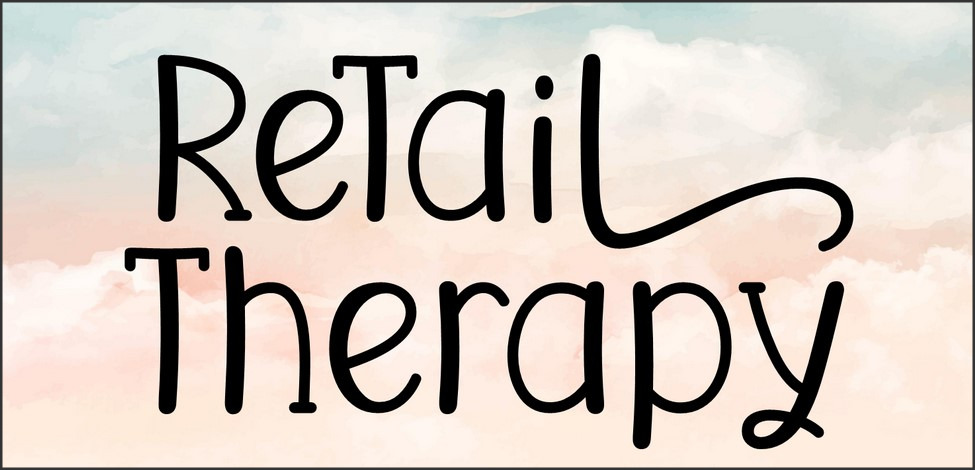Retail Therapy: The Healing Power of Shopping

Source: creativefabrica.com
In a world where daily stresses and challenges can take a toll on our well-being, many have found solace in retail therapy—a unique and often underestimated form of self-care. In this article, we’ll delve into the psychology behind retail therapy, how it can provide comfort and healing, and the importance of mindful consumption.
1. The Psychology of Retail Therapy:
Retail therapy is rooted in psychology, as it taps into our innate desire for comfort and pleasure. Shopping triggers the release of dopamine, a neurotransmitter associated with pleasure and reward, providing an instant mood boost.
2. Emotional Release:
Shopping allows individuals to express and release their emotions. For some, it’s a way to celebrate achievements or milestones, while for others, it provides comfort during difficult times.
3. Self-Care and Self-Expression:
Retail therapy is a form of self-care, allowing individuals to prioritize their own well-being. Through the items they choose to purchase, people can express their individuality and creativity.
4. Mindful Consumption:
While retail therapy can be therapeutic, it’s important to practice mindful consumption. Avoiding impulsive purchases and making intentional choices helps ensure that retail therapy remains a positive experience.
5. Retail Therapy Beyond Material Goods:
Retail therapy extends beyond buying physical items. Experiences, such as dining at a favorite restaurant, attending a concert, or booking a spa day, can provide similar emotional benefits.
6. Building Connections:
Retail therapy can also be a social activity. Shopping with friends or family members can enhance the experience, strengthening bonds and creating lasting memories.
7. Recognizing Warning Signs:
While retail therapy can be a healthy outlet, it’s essential to recognize when it may become problematic. Overspending, using shopping as a coping mechanism, or accumulating excessive debt are signs that warrant attention.
8. Finding Balance:
The key to a healthy relationship with retail therapy is balance. Practicing moderation and being mindful of your spending habits ensures that it remains a positive and healing experience.
Conclusion:
Retail therapy is a powerful and multifaceted form of self-care that can provide comfort, emotional release, and self-expression. When practiced mindfully and in moderation, it can be a valuable tool for maintaining emotional well-being and finding moments of solace in our busy lives. Understanding the psychology behind retail therapy allows us to harness its healing power while avoiding potential pitfalls.





